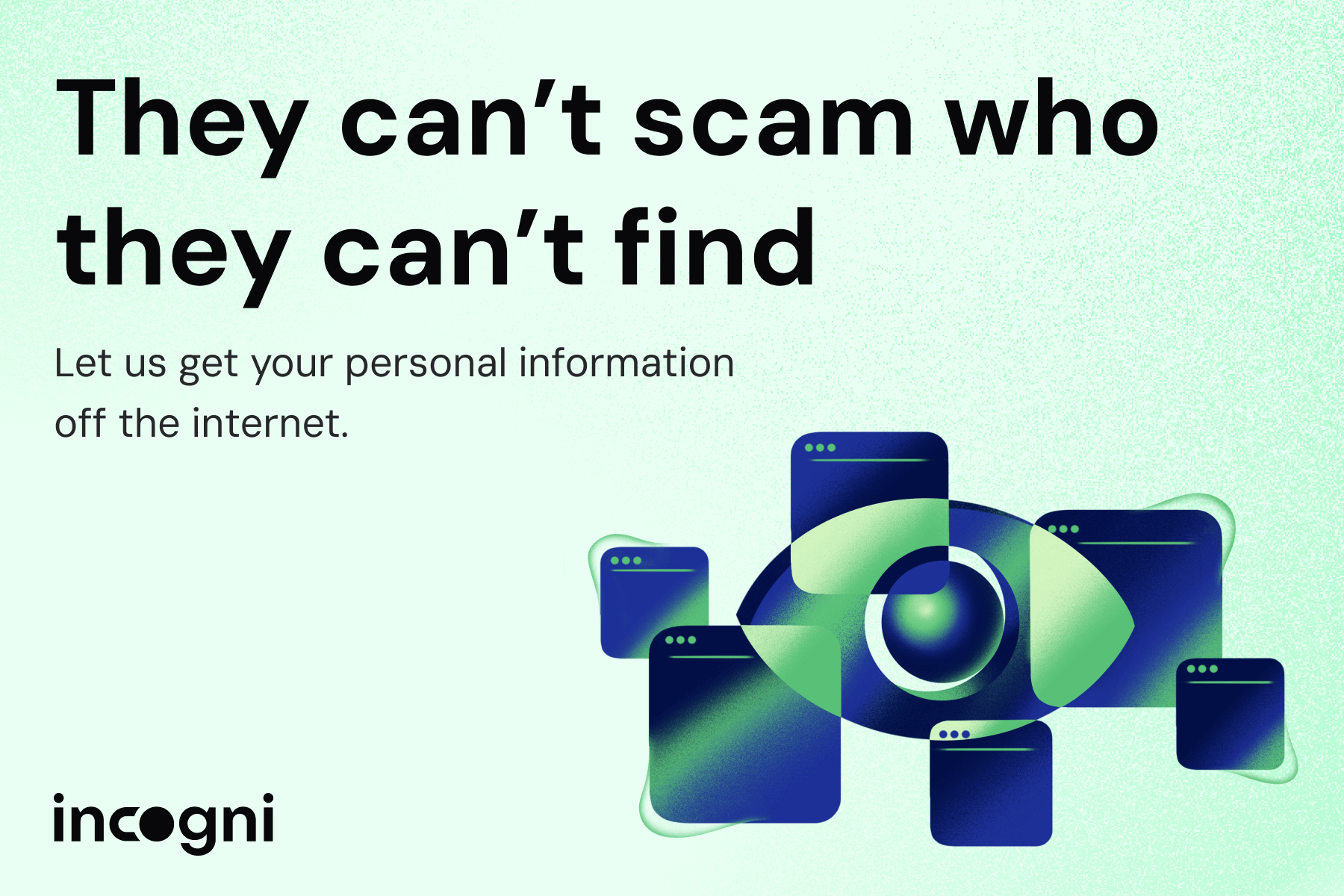Google wants to keep Chrome
The search giant is pushing back on the government’s plan to break it up — but competition is coming anyway

This summer, a federal judge ruled that Google illegally maintains its monopoly in search and search advertising by paying Apple and others tens of billions of dollars a year to be their default search engine. On Tuesday, I wrote about the government’s proposed remedies for this state of affairs: most dramatically, forcing the company to spin out the Chrome browser.
At the time, the Department of Justice had not filed its full proposal. But on Wednesday night it did (you can read the whole thing here).
Here are Leah Nylen and Josh Sisco at Bloomberg:
In a court filing Wednesday, antitrust enforcers said Google must divest Chrome, citing the judge’s earlier ruling that the browser “fortified” the company’s dominance. The agency and states said that they would also prefer a divestiture of the Android smartphone operating system. But, recognizing that Google and others might oppose that, they instead proposed a series of limits on the business unit.
The government recommended the Chrome divestiture to “permanently stop Google’s control of this critical search access point and allow rival search engines the ability to access the browser that for many users is a gateway to the internet,” according to the filing.
In addition to requiring that Chrome be divested, the proposal calls for several other major changes that would be enforced over a 10-year period. They include:
- Blocking Google from making deals like the one it has with Apple to be its default search engine.
- Requiring it to let device manufacturers show users a “choice screen” with multiple search engine options on it.
- Licensing data about search queries, results, and what users click on to rivals.
- Blocking Google from buying or investing in advertising or search companies, including makers of AI chatbots. (Google agreed to invest up to $2 billion into Anthropic last year.)
Compliance with these remedies would be overseen by a five-person technical committee. If Google were found to be out of compliance, the DOJ would reserve the right to force the company to divest its Android smartphone operating system — a severe penalty that would give Google a huge incentive to stay in line.
For reasons I outlined here in October, it seems unlikely that the DOJ will get everything on its wishlist here. Judge Amit Mehta has said he does not plan to rule on the case until next August, and whatever he decides will be appealed, likely all the way to the Supreme Court. For the most draconian penalties, such as forcing the divestiture of Chrome or Android, the government will have to convince judges that those measures are both likely to make search more competitive and that they are solutions narrowly tailored to do so.
In a blog post today, Google argued that the opposite is true. Kent Walker, the company’s chief legal officer, called it “a radical interventionist agenda” and a “staggering proposal [that] would hurt consumers and America’s global technological leadership.”
Among other things, Walker writes, the order would harm Americans’ privacy, chill investment in AI, and hurt companies like Mozilla that have effectively become client-states of Google thanks to the search deal money they get from Google. It would also just be annoying, he said.
“As just one example, DOJ’s proposal would literally require us to install not one but two separate choice screens before you could access Google Search on a Pixel phone you bought,” Walker wrote. “We wish we were making this up.”
Mozilla, for whom the end of search deals could represent a mortal blow to its business, was similarly disturbed.
“If implemented, the prohibition on search agreements with all browsers regardless of size and business model will negatively impact independent browsers like Firefox and have knock-on effects for an open and accessible internet,” the company told me in a statement today.
Meanwhile, Google’s rivals welcomed the DOJ’s proposal.
“The government has put forward a proposal that would free the search market from Google's illegal grip and unleash a new era of innovation, investment, and competition,” DuckDuckGo told me over email. “There's nothing radical about this proposal: it's firmly based on the court's extensive finding of fact and proposes solutions in line with previous antitrust actions.”
As I wrote Tuesday, I’m not fond of forcing Google to divest Chrome: it was built in house, and earned its spot as the most popular browser in the United States fairly: by being meaningfully better than its competition. No matter who owns and operates it, most US users will probably set Chrome’s search engine to Google. It’s hard to see that shaking up the search market too much.
Requiring Google to license search queries and results, on the other hand, could be transformative. Suddenly, Google’s rivals would have a more even footing on which to attempt to build better search products. For 10 years, they could essentially borrow all the demand Google has created for high-quality web search, and explore different futures for the web.
Not all of those futures would be bright. This year saw companies like the Browser Company and Perplexity attempt to replace search with products that discourage web browsing and seem likely to hasten the worsening state of digital publishing. Giving those companies access to Google’s queries and answers could accelerate that process.
But it could also allow other rivals to build better alternatives: search engines less cluttered with advertising; less likely to serve AI slop, less dominated by unscrupulous search engine optimizers. It could allow rivals to build search engines that celebrate the concept of a free and open internet, and don’t see what remains of the web as merely a substrate to build the AI you eventually hope to replace it with.
These search engines are bound to be smaller and less profitable than Google. But I can also imagine some people preferring them. And I think they could serve as a necessary counterweight to Google’s push into AI by creating real economic incentives for people to keep making websites — incentives that I once took for granted, and no longer do.
In the meantime, I’m left wondering what will ultimately challenge Google dominance more: the antitrust cases that will wind their way through court over the next few years, or the competitors that manage to gain a foothold in the market despite the company’s best efforts to prevent that from happening.
On that front, The Information reported today that OpenAI has considered building a browser. Ben Goodger, who helped build the first version of Firefox and was a founding member of the Chrome team, joined OpenAI in June. And Darin Fisher, a former vice president of Chrome who was most recently at the Browser Company, joined OpenAI this month, according to his LinkedIn profile.
Those are some serious browser engineers. And while it remains to be seen whether what they build turns out to be good for the web, at the very least I suspect it will mean competition for Google. The balance of power that held for the past two decades is finally beginning to erode. And the question now is whether the balance that follows will be less concentrated than the one we live in today.

Sponsored

Keep your SSN out of criminals' hands
Every day, data brokers profit from your sensitive info—phone number, DOB, SSN—selling it to the highest bidder. And who’s buying it? Best case: companies target you with ads. Worst case: scammers and identity thieves. It's time you check out Incogni. It scrubs your personal data from the web, confronting the world’s data brokers on your behalf. And unlike other services, Incogni helps remove your sensitive information from all broker types, including those tricky People Search Sites.Help protect yourself from identity theft, spam calls and scams. Take advantage of a Black Friday deal and get 58% off Incogni with the code PLATFORMER.


On the podcast this week: My good friend and old boss Nilay Patel joins us to explain what Brendan Carr leading the Federal Communications Commission means for platforms and speech online. Then, Dr. Adam Rodman stops by to discuss a study he co-authored in which ChatGPT outperformed doctors at certain diagnoses. (Gulp.) And finally, we take a swing through the notorious Hard Fork Crime Division.
Apple | Spotify | Stitcher | Amazon | Google | YouTube

Governing
- An in-depth look into how advanced spyware like Pegasus has been deployed for surveillance in Western democracies, and how the Trump administration could use it to surveil immigrants. (Ronan Farrow / New Yorker)
- Trump Media investors are facing losses after stock of the company fell to almost half its value since its peak last month. Donald Trump’s return to the White House could make things more complicated. (Drew Harwell / Washington Post)
- Elon Musk claimed that Jeff Bezos told “everyone” that Trump would lose the election and to sell their SpaceX and Tesla stock, which Bezos said was “100% not true.” (Sana Pashankar / Bloomberg)
- Netflix is facing a competition lawsuit over an agreement that it struck with Meta that allegedly led Meta to shut down Facebook Watch in exchange for Netflix customer data and advertising spend. (Winston Cho / Hollywood Reporter)
- The Oversight Board overturned Meta’s decision to remove three Facebook posts with videos of the terrorist attack in Moscow in March, saying the videos were of “high public interest value” and protected under newsworthiness. Meta should restore them and add a “mark as disturbing” warning, it said. (Oversight Board)
- Meta has removed 2 million accounts linked to pig-butchering scams, a type of scam where criminals gain a victim’s trust to lure them into investment schemes, the company said. (James Reddick / The Record)
- Meta’s campaign for Apple and Google to deal with age verification appears to be working – a bill that would place the burden on app stores is reportedly being prepared in Congress. Good! (Cristiano Lima-Strong and Cat Zakrzewski / Washington Post)
- A look inside the flood of AI-generated influencers stealing content from real adult content creators on Instagram. (Emanuel Maiberg and Jason Koebler / 404 Media)
- Apple, along with other tech companies that offer digital wallets and payment apps, will now be subject to the supervision of the US Consumer Financial Protection Bureau and treated more like banks, the agency said. (Paige Smith / Bloomberg)
- OpenAI engineers accidentally deleted data that was potentially relevant to the New York Times’ and Daily News copyright lawsuit, the newspapers lawyers said. (Kyle Wiggers / TechCrunch)
- Four of six cybersecurity recommendations made to TSA since 2018, including one about the impact of ransomware, have not been addressed, a new report said. (Jonathan Greig / The Record)
- Members of the UK Parliament are reportedly set to summon Musk to testify about X’s role in spreading disinformation related to the Islamophobic riots earlier this year. (Robert Booth and Jessica Elgot / The Guardian)
- Media and tech executives reportedly say British venture capitalist Matt Clifford, who has been advising the UK government on tech policies for several years, has outsized influence on AI policy. (Anna Gross / Financial Times)
- Teresa Ribera, who is expected to advance the EU’s climate interests, was confirmed as the bloc’s new commissioner for competition. (Table.Briefings)
- The Australian government is considering a law that would ban children under 16 from social media and fine platforms for failing to prevent underage users from having accounts. (Rod McGuirk / Associated Press)

Industry
- OpenAI released a course for K-12 teachers on how they can integrate ChatGPT into their classrooms, though some remain skeptical of the technology’s risks. (Kyle Wiggers / TechCrunch)
- xAI has reportedly raised $5 billion in a funding round that valued it at $50 billion, more than doubling its valuation from months ago. (Berber Jin, Tom Dotan and Meghan Borowsky / Wall Street Journal)
- The former head of global affairs at X, Nick Pickles, is joining Musk’s rival Sam Altman at Tools for Humanity, the company behind the orb tech at World Network. (Michelle Conlin / Reuters)
- Apple is reportedly working to unveil a more conversational version of Siri, which uses more advanced LLMS, next year. (Mark Gurman / Bloomberg)
- A look at Mark Zuckerberg’s decision to go all in on Llama, the choice to make it open-source, and how it could threaten OpenAI’s dominance. (Sharon Goldman / Fortune)
- Meta added new features to Messenger – phone and video voicemail, AI video backgrounds, and Siri integration. (Zac Hall / 9to5Mac)
- Threads is rolling out a custom feeds feature that lets users more easily build feeds around specific topics or user profiles amid Bluesky’s surging popularity. (Sarah Perez / TechCrunch)
- Users’ feeds will also start showing more content from users they follow instead of recommended content, Instagram head Adam Mosseri said. See, this is what I like about competition. (Jay Peters / The Verge)
- WhatsApp is rolling out voice message transcripts. (Aisha Malik / TechCrunch)
- Researchers at Google developed AlphaQubit, an AI decoder that can better identify and reduce quantum errors compared to tensor networks and correlated matching. (Matt Swayne / Quantum Insider)
- YouTube Shorts’ Dream Screen feature now lets users create AI-generated video backgrounds. (Aisha Malik / TechCrunch)
- Amazon launched the Echo Show 21, an upgrade to its wall-mounted smart display, now with a 21-inch screen, improved audio quality, and a better camera, according to the company. (Jennifer Pattison Tuohy / The Verge)
- Twitch still makes up 82% of all streaming hours in the third-quarter of the year, despite some competition from platforms like Kick and YouTube Gaming. (Sam Gutelle / Tubefilter)
- A look at how Microsoft CEO Satya Nadella steered the company into AI dominance and changed its culture. (Steven Levy / Wired)
- Xbox Cloud Streaming will now be available for games that Game Pass Ultimate subscribers already own, Microsoft announced. (Tom Warren / The Verge)
- There are early signs of success for AI reasoning, though the risk that humans can’t control AI reliably still exists, this prominent AI researcher argues. (Yoshua Bengio / Financial Times)
- The AI broadcasters that replaced human reporters at the local Hawaiian paper The Garden Island have been discontinued. (Guthrie Scrimgeour / Wired)

Those good posts
For more good posts every day, follow Casey’s Instagram stories.

(Link)

(Link)

(Link)

Talk to us
Send us tips, comments, questions, and alternative browsers: casey@platformer.news.





